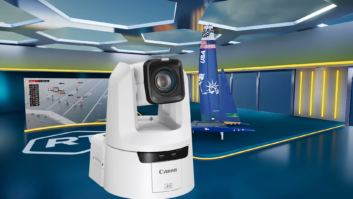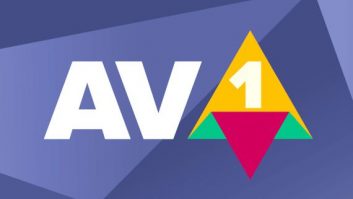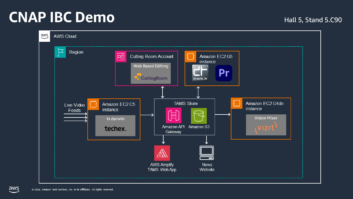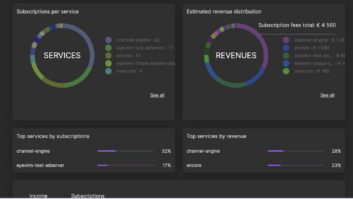DreamWorks Animation has announced plans to release their proprietary production renderer, MoonRay, as open source software later this year.
MoonRay is DreamWorks’ state-of-the-art MCRT renderer, which has been used on such feature films as How to Train Your Dragon: The Hidden World, Croods: A New Age, The Bad Guys, and the upcoming Puss In Boots: The Last Wish.
MoonRay was developed by DreamWorks’ engineers, and includes an extensive library of production -tested, physically based materials, a USD Hydra render delegate, multi-machine and cloud rendering via Arras.
“We are thrilled to share with the industry over 10 years of innovation and development on MoonRay’s vectorised, threaded, parallel, and distributed code base,” said Andrew Pearce, vice president of global technology at DreamWorks. “The appetite for rendering at scale grows each year, and MoonRay is set to meet that need. We expect to see the code base grow stronger with community involvement as DreamWorks continues to demonstrate our commitment to open source.”
“MoonRay has been a game-changer for our productions,” added Bill Ballew, chief technology officer at DreamWorks. “We have over a billion hours of use at DreamWorks. As the open source community continues to embrace and enhance it we’ll see significant benefits to the animation and visual effects industry as well as academia.”
DreamWorks’ in-house Monte Carlo Ray Tracer, MoonRay, was designed from the start with a focus on efficiency and scalability, with the mantra to “…keep all the vector lanes of all the cores of all the machines busy all the time with meaningful work”, as well as provide modern features for full artistic expression, the company said.
It can deliver a broad range of images from photorealistic to strongly stylised. MoonRay is built on a highly-scalable architecture with no prior legacy code, allowing quick, feature-film quality artistic iteration using familiar tools, the company said.
Additional high- performance features include support for distributed rendering, a pixel matching XPU mode that offers improved performance by processing bundles of rays on the GPU as well as the CPU, ray processing via Intel Embree, shader vectorisation utilising Intel ISPC compilation, and bundled path tracing. MoonRay includes a USD Hydra render delegate for integration into content creation tools that support the standard.
“We are proud of our close collaboration with DreamWorks on MoonRay with its impressive photoreal ray tracing rendering performance supported by open source Intel Embree and Intel Implicit SPMD Program Compiler (Intel ISPC), both distributed in the Intel oneAPI Rendering Toolkit,” said Jim Jeffers, senior director, senior principal engineer, Intel Advanced Ray Tracing. “MoonRay’s features like hair and fur rendering were developed in collaboration with Intel. The resulting improvements are included in Intel Embree’s ray tracing kernel library and exemplify how using open software benefits the entire ecosystem. By adopting Intel ISPC, MoonRay embraces vector instruction parallelism for dramatic performance improvements. Intel looks forward to new opportunities to apply oneAPI cross-architecture, cross-vendor support to this open source project for all creators.”
MoonRay utilises DreamWorks’ distributed computation framework, Arras, also to be included in the open source code base, to provide innovative multi-machine and multi-context support.
Multi-machine rendering speeds up the interactive display for the artist, decouples rendering from the interactive tool which increases interactive robustness. Using MoonRay and Arr as in a multi-context mode, the artist can simultaneously visualize multiple lighting conditions, varying material properties, multiple times in a shot or sequence, or even multiple locations in an environment.
“We see using MoonRay with Arras on Microsoft Azure as a game-changer in the hands of artists, providing faster iterations on lighting, and also enabling multi-context rendering,” said Simon Crownshaw, Microsoft’s director of business strategy for media and communications.
As visual effects and animation content grows in complexity, so does the compute requirements to create and render. Microsoft Azure allows studios and artists to access MoonRay with Arras for the first time and power the platform with a broad portfolio of compute capacity in the cloud and scale on demand across the globe.”
DreamWorks intends to make MoonRay available under the Apache 2.0 license. Further information and updates will be available at OpenMoonRay.org







